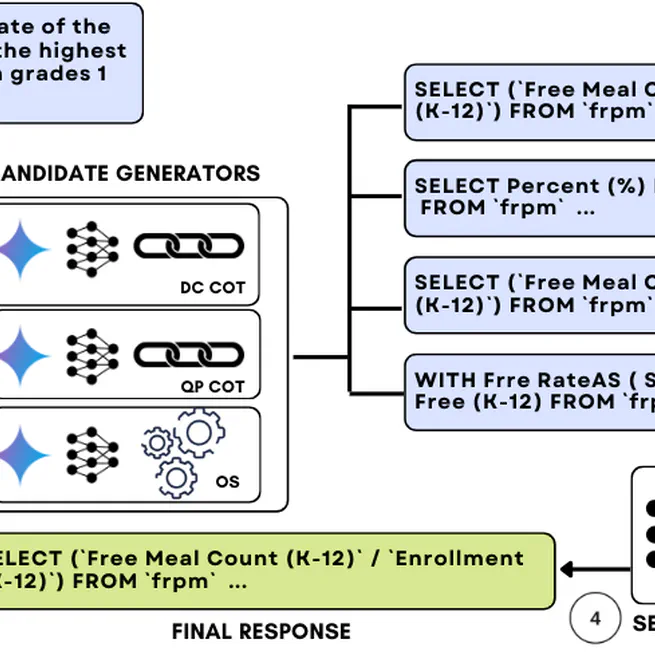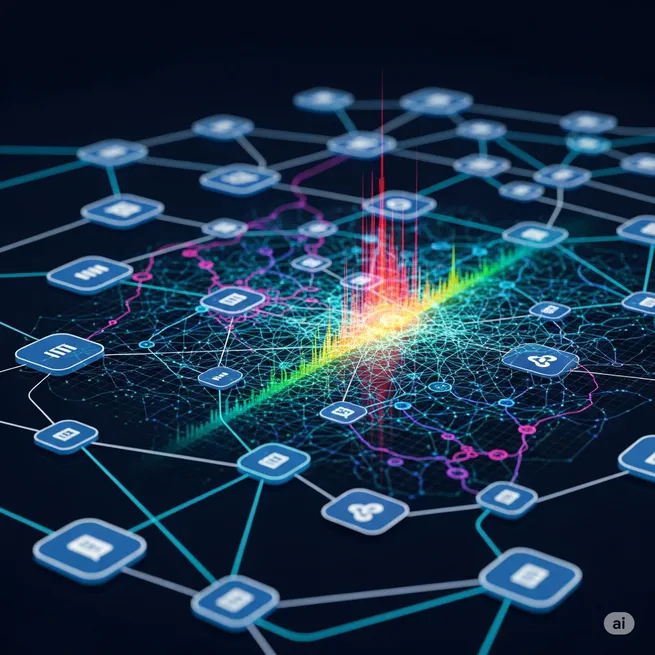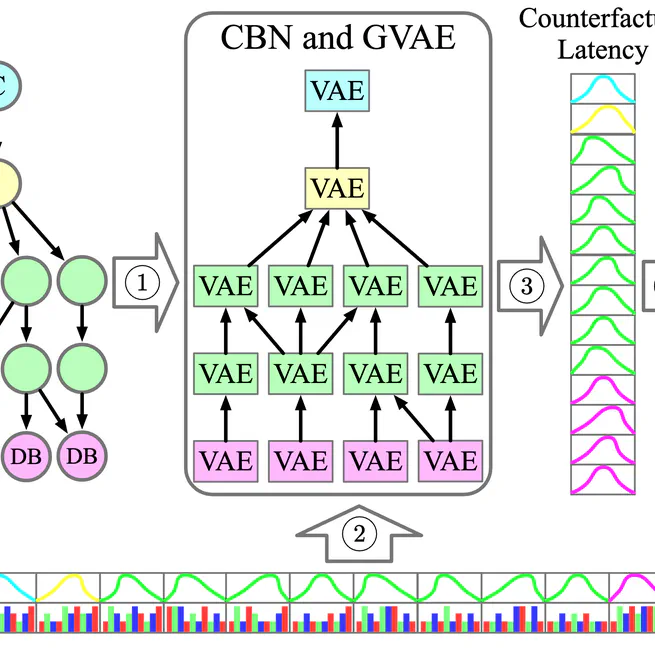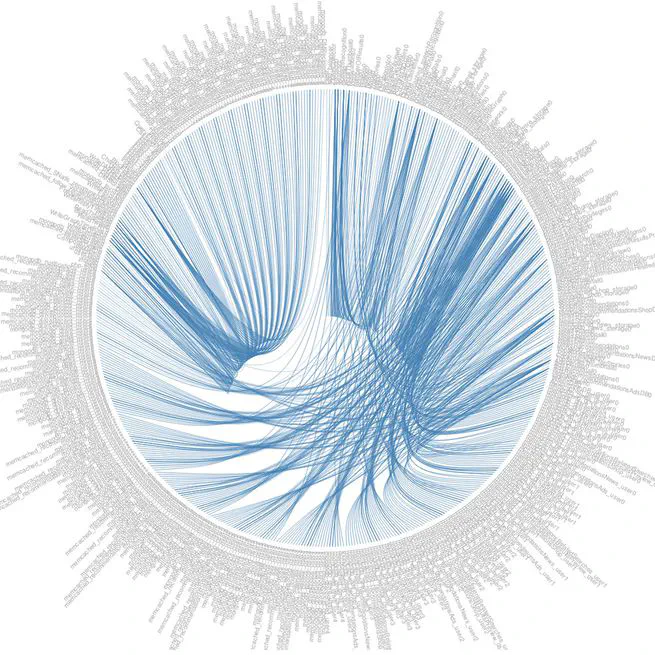This paper introduces the concept of "foundation models for databases," a new paradigm advocating for pre-trained, general-purpose models that can be adapted to various tasks and datasets with minimal overhead, moving away from the current inefficient one-off model approach.
Jan 20, 2025

CHASE-SQL is a novel framework that improves Text-to-SQL performance by using multiple LLM agents for diverse SQL candidate generation—employing divide-and-conquer, chain-of-thought reasoning, and instance-aware synthetic examples—and a fine-tuned selection agent to rank these candidates, achieving state-of-the-art accuracy on the BIRD benchmark.
Oct 2, 2024

Sleuth is a root cause analysis system that uses unsupervised graph learning on trace data to accurately and adaptably identify performance bottlenecks in large-scale microservice applications.
Feb 7, 2024

Ditto is an automated framework that addresses the lack of representative cloud service benchmarks by creating accurate, privacy-preserving clones of complex, end-to-end cloud applications, capturing everything from application logic and I/O to kernel operations for realistic system studies.
Jan 30, 2023

Sage is a machine learning-driven root cause analysis system that uses unsupervised models to accurately identify and correct performance violations in complex cloud microservices by analyzing their dependencies.
Apr 13, 2021

DeathStarBench is an open-source benchmark suite built with microservices that is representative of large end-to-end services. We use DeathStarBench to study the architectural characteristics of microservices, their implications in networking and operating systems, their challenges with respect to cluster management, and their trade-offs in terms of application design and programming frameworks.
Apr 15, 2019
This paper proposes an incentive method using Private-Prior Peer-Prediction with approximate subjective priors to identify and punish malicious users in collaborative spectrum sensing, thereby improving detection rates even with numerous attackers, by rewarding honest reporting and penalizing falsified data.
Dec 15, 2015